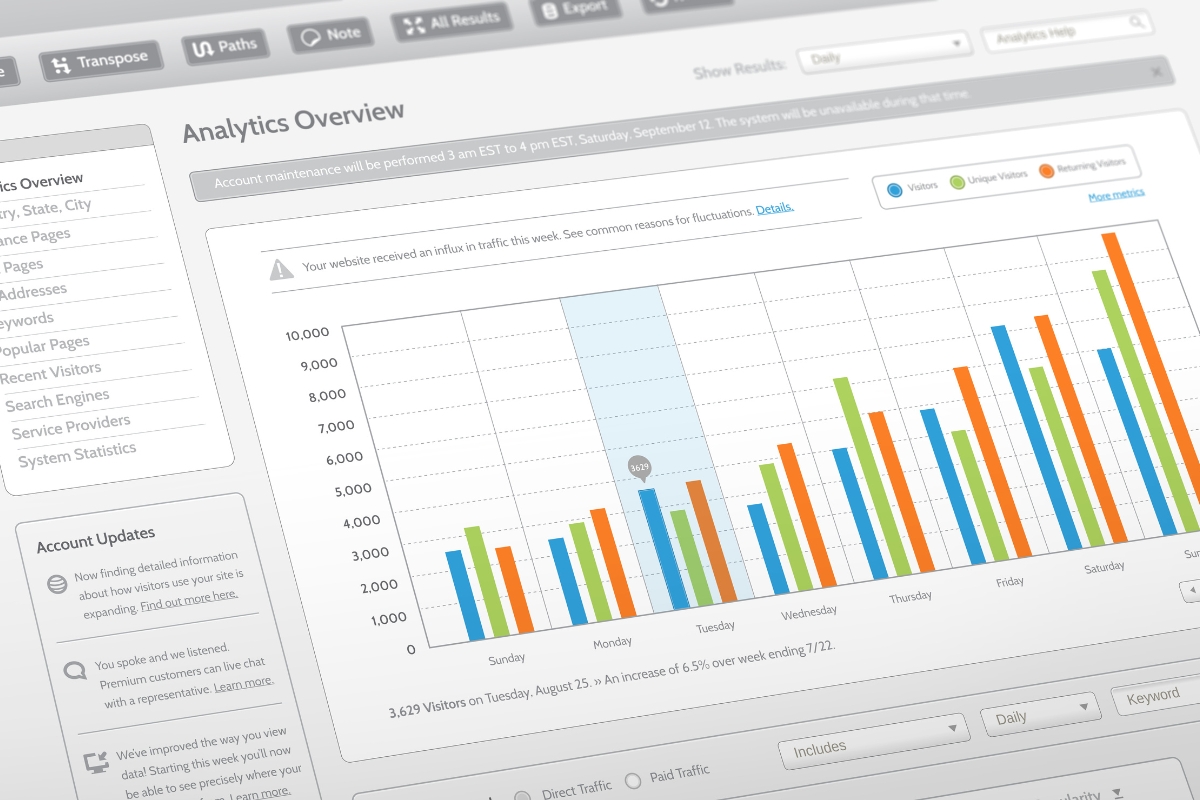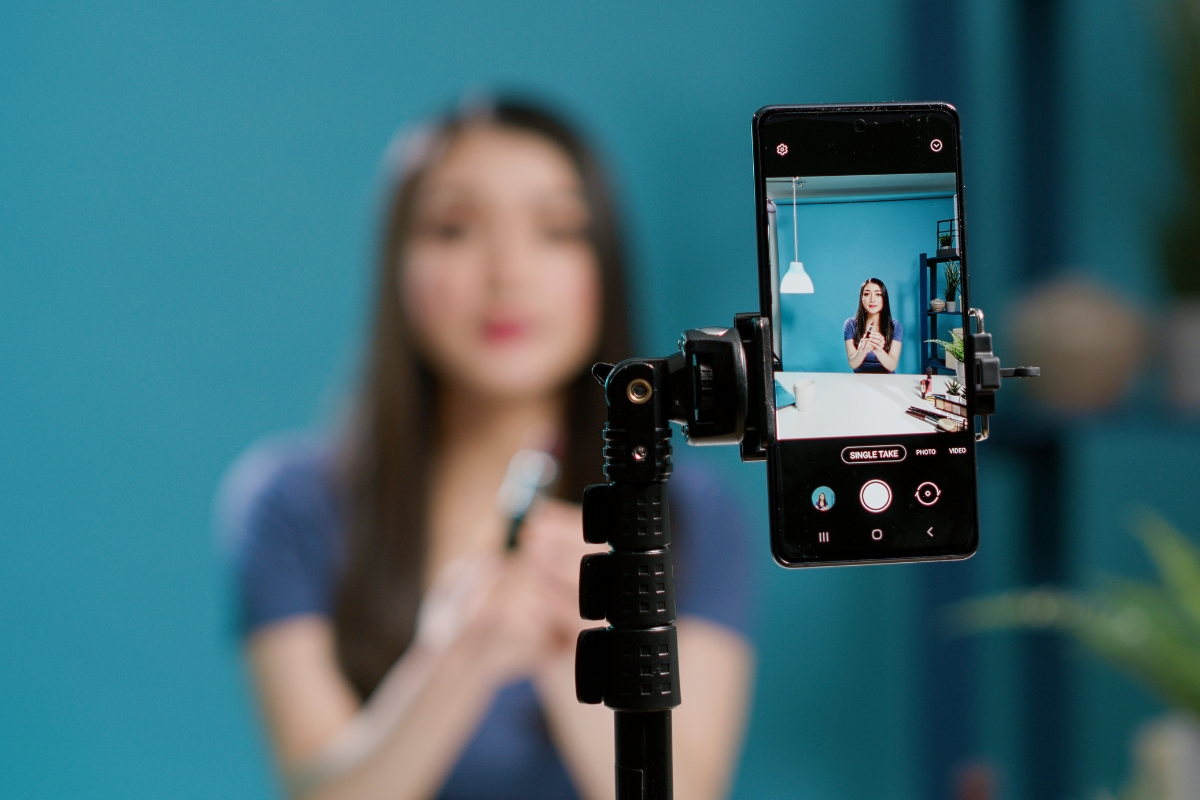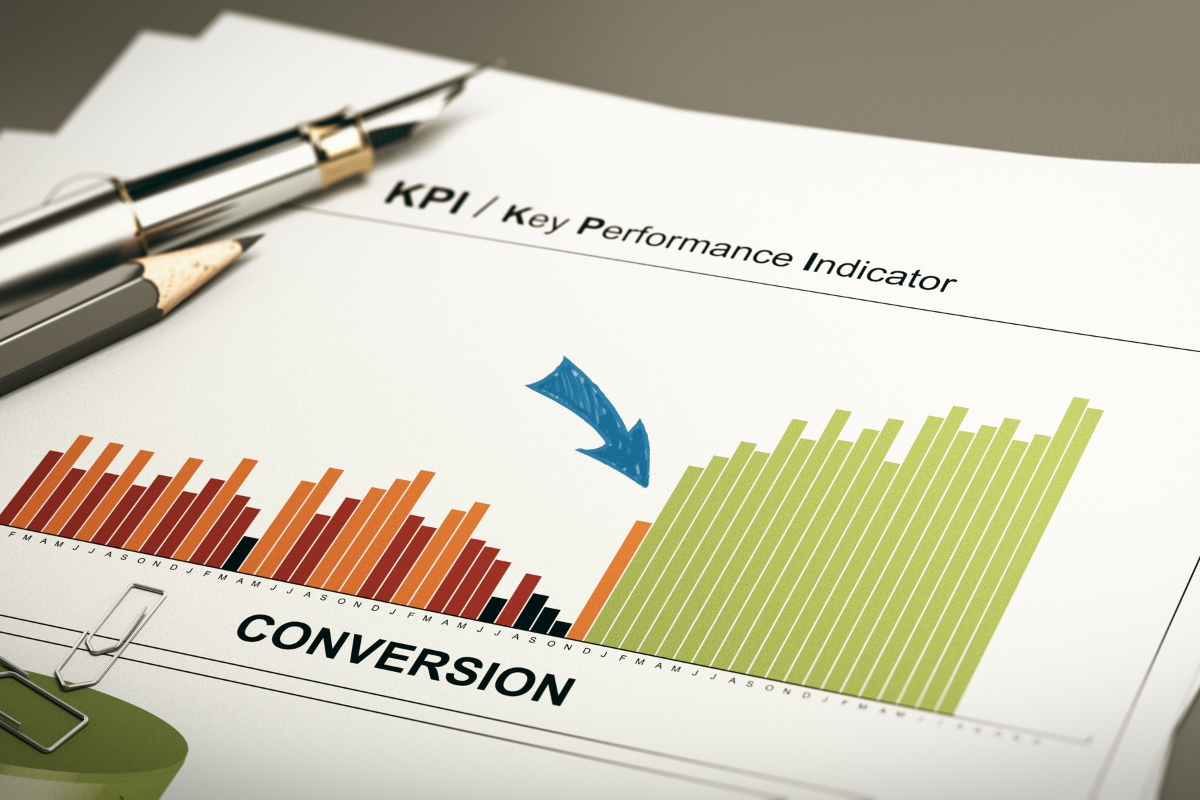Personalization has become the key to capturing and retaining audience attention today. Personalized content marketing automation allows businesses to deliver tailored messages that resonate with individual customers, leading to deeper engagement and significantly higher conversion rates.
By leveraging data-driven insights, automation tools can create customized content at scale, ensuring that each interaction feels personal and relevant. In this guide, we’ll explore how personalized marketing strategies can help make marketing automation improve conversions, from crafting unique customer journeys to optimizing content delivery across multiple channels.
Elevating Engagement: The Power of Personalized Automation
Understanding Personalized Marketing Automation

In today’s digital marketing landscape, where attention spans are fleeting and competition is relentless, traditional one-size-fits-all marketing strategies are losing their effectiveness.
Consumers are constantly bombarded with content, making it increasingly challenging for brands to stand out. When you provide personalized experiences —a strategy that merges data-driven insights with tailored content delivery, you can engage audiences more effectively.
Personalization software solutions leverage advanced analytics to gather data about consumer behavior, preferences, and interactions across various channels.
By analyzing this data, businesses can create highly targeted and relevant content that resonates with individual users, rather than relying on generic messaging. This approach not only captures attention but also drives higher engagement and conversion rates, as consumers are more likely to respond to content that speaks directly to their needs and interests.
Moreover, automation plays a critical role in scaling personalized content efforts. Through automation, businesses can streamline the process of content creation, distribution, and optimization, ensuring that the right message reaches the right audience at the right time.
This could involve automatically sending personalized emails based on user behavior, generating dynamic website content that adapts to visitor preferences, or delivering targeted ads that align with a consumer’s recent interactions with the brand.
Harnessing the Power of Data Analytics for Content Personalization

Understanding your audience is key to effective marketing, and data analytics provides the tools to do just that. By analyzing customer behavior, preferences, and needs, businesses can create content that truly resonates with their audience.
This isn’t just about sending out the right message, but about sending it at the right time and in the right format. When done correctly, personalized content can significantly boost engagement and customer loyalty.
With personalized marketing strategies, the possibilities expand even further. Advanced algorithms can sift through massive datasets in real-time, picking up on trends and patterns that might otherwise be missed.
For example, if your customers frequently engage with a certain type of content or product, the system can automatically adjust its recommendations, ensuring that your audience always receives the most relevant information.
This approach also allows for content to be dynamically customized. Imagine a retail website that automatically suggests products based on a user’s previous interactions, or an email campaign that tailors its messages to individual preferences. The end result is a more personal experience for the customer, which can lead to increased satisfaction and loyalty.
Crafting Compelling Personalized Storytelling

Storytelling has always been at the heart of effective marketing. It helps brands connect emotionally with their audience, making messages more memorable and impactful. In today’s digital world, where consumers are bombarded with content, the ability to craft personalized stories that speak directly to an individual’s experiences and interests is invaluable.
When you combine storytelling with personalized content marketing, you can create narratives that resonate deeply with different segments of your audience. This isn’t just about telling a story; it’s about telling the right story to the right person.
By using data insights, you can identify what matters most to your audience and tailor your messages accordingly. For instance, you might highlight a customer success story that mirrors the challenges faced by a particular segment, offering solutions that feel relevant and actionable.
Personalized storytelling allows brands to address specific pain points, answer questions, and connect on a personal level, which helps build stronger relationships. Whether it’s through a blog post that speaks directly to a reader’s concerns or a video that showcases a solution in action, this approach makes your brand more relatable and trustworthy.
The real strength of personalized storytelling lies in its ability to foster genuine connections, turning casual customers into loyal advocates who feel understood and valued. It’s about creating a narrative that feels like it was crafted just for them, making each interaction with your brand more meaningful and memorable.
Implementing Advanced Algorithms in Personalized Marketing Strategies

When it comes to personalized content marketing, advanced algorithms play a crucial role in ensuring that the content delivered to each customer feels uniquely tailored to their preferences and needs. These algorithms dig deep into data like browsing history, past purchases, and demographic details to predict what products or content will resonate most with each user.
For example, imagine you’re running an e-commerce site focused on fashion. If a customer frequently browses athletic wear and has a history of purchasing running shoes, an advanced algorithm can pick up on these patterns.
It can then recommend new arrivals in athletic apparel or notify the customer of an upcoming sale on their favorite brands. This kind of personalization isn’t just about pushing more products—it’s about curating a shopping experience that feels uniquely suited to the individual.
Beyond just recommending products, these algorithms can personalize content across various channels. Say, for instance, a user frequently engages with your brand’s fitness tips on social media.
The algorithm can use this information to suggest similar content, like new workout routines or health-related articles, directly on their homepage or via personalized email newsletters. This level of customization helps keep the customer engaged by continuously offering value tailored to their interests.
What makes these algorithms so powerful is their ability to learn and adapt over time. As they process more data, they refine their recommendations, becoming better at predicting what will capture the customer’s attention. This means that the more a customer interacts with your brand, the more personalized their experience becomes, fostering a deeper connection and enhancing loyalty.
Leveraging AI Technology for Automated Content Delivery

Using AI technology in personalized content delivery has become increasingly practical and impactful for businesses looking to engage with their audience more effectively. Rather than relying solely on human intuition, AI helps businesses analyze large datasets in real-time, which can be a game-changer in how content is personalized and distributed.
For example, an AI-driven email marketing automation system doesn’t just send out emails at random times. A good email marketing platform looks at how customers interact with previous emails, what times they tend to open them, and which links they click.
Based on this data, the system determines the optimal time to send future emails to maximize engagement. It’s about more than just timing, though; AI can group customers into segments based on their behavior, interests, and previous purchases, allowing businesses to send highly targeted messages that resonate with each segment.
Additionally, AI helps refine these processes over time. The more data the system processes, the better it becomes at predicting what content will work best for each customer. This ongoing improvement means that marketing strategies can adapt dynamically to changing customer preferences, leading to higher engagement and conversion rates.
Tailoring Content to Different Audience Segments

Tailoring content to different audience segments is essential for effective marketing, as it ensures that your message resonates with each unique group. By leveraging marketing automation platforms through the use of tools like business automation software, businesses can achieve a higher level of relevance and engagement with their audience.
Segmentation can be based on a number of factors, including demographics, geographic location, purchasing behavior, and even psychographics such as values and lifestyle. For example, a brand targeting young professionals in urban areas might focus on convenience and innovation in its messaging, while the same brand might emphasize durability and reliability to an older, suburban audience.
By analyzing customer data, businesses can identify the specific needs, preferences, and pain points of each segment. This allows marketers to craft tailored content that not only captures attention but also addresses the unique challenges or desires of each group.
For example, a company selling outdoor gear might create different content for novice hikers versus experienced adventurers, with the former receiving educational content and the latter getting information about advanced gear and travel destinations.
Optimizing Content Delivery Timing for Maximum Impact

Optimizing the timing of content delivery is crucial for ensuring that your audience receives and engages with your messages when they are most receptive. Personalization marketing automation allows businesses to fine-tune their strategies by analyzing various data points, such as open rates, click-through rates, and conversion rates, to determine the optimal times to deliver content.
By closely monitoring and analyzing audience behavior, marketers can identify specific times of day, days of the week, or even particular seasons when their target audience is most active and likely to engage with content. For example, if data shows that a significant portion of your audience tends to open emails in the early morning hours, scheduling your email campaigns to go out during that time can increase the likelihood of higher engagement.
Beyond just email, these personalized experiences can be applied across different platforms, such as social media or SMS campaigns, ensuring that content reaches the audience when they are most likely to interact with it. For instance, social media posts may perform better during lunch breaks or evening hours, depending on the audience’s daily routines.
Furthermore, automating content delivery also allows for real-time adjustments based on user interactions. If a customer consistently engages with content at a specific time, automation tools can adapt to deliver future messages at that optimal time, creating a personalized experience that maximizes impact and relevance.
In essence, by using data-driven insights to schedule content delivery strategically, businesses can not only increase engagement but also improve overall conversion rates, making their marketing efforts more effective and efficient.
Enhancing Conversion Rates through Content Personalization Software Solutions

Personalization isn’t just about crafting messages that sound nice—it’s about connecting with your audience in ways that resonate with them on a deeper level.
When done right, personalization can significantly boost conversion rates by delivering content that feels tailor-made for each individual. The essence of this strategy is to make the customer feel seen and understood, which naturally increases their engagement with your brand.
Imagine receiving an email that recommends products based on your recent browsing history, or perhaps it offers a discount on an item you’ve been eyeing. This kind of targeted messaging grabs attention because it speaks directly to what the customer wants. Instead of sifting through irrelevant information, they’re presented with options that align with their needs and interests.
But personalization isn’t limited to just product recommendations. It can be woven throughout the entire customer journey. For instance, if a customer abandons their shopping cart, an automated follow-up email with a gentle reminder—or even an exclusive offer—can reignite their interest. These personalized touches make a significant difference in guiding the customer towards completing their purchase.
At its core, personalization is about making meaningful connections. By focusing on what truly matters to each customer, businesses can transform casual browsers into loyal buyers, ultimately driving higher conversion rates. This approach isn’t just effective—it’s essential in today’s crowded digital landscape, where attention is scarce and relevance is key.
Conclusion: Elevating Your Marketing Strategy with Personalized Automation
Personalized marketing automation is the key to skyrocketing your conversions by delivering the right message to the right audience at the right time. To harness this powerful strategy and drive real results for your business, choose Newman Web Solutions. Our team is dedicated to helping you implement automation tools that maximize your marketing impact.
Contact us at (404) 301-9189 or schedule a 30-minute free strategy session to explore how we can transform your content marketing strategy and boost your conversions. Let Newman Web Solutions be your partner in achieving marketing success.





